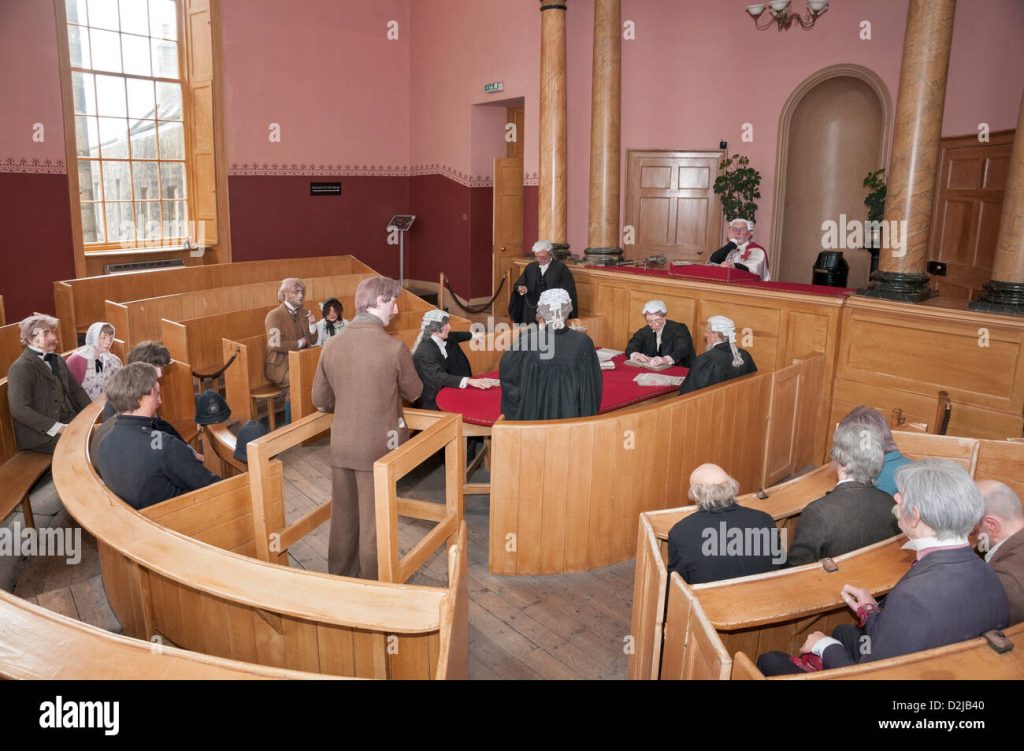A court in the British Virgin Islands has ordered Chinese investors, Zhongshan, to seize Nigeria’s £20 million ($25 million) foreign-denominated assets.
This is due to a failed Ogun trade zone agreement dating back to the early 2000s, during the tenure of then-Governor Ibikunle Amosun.
On November 8, Justice Paul Webster of the British Virgin Islands High Court ruled that Nigeria could not claim immunity from the enforcement of an arbitral award in favor of Zhongshan.
The ruling was based on the bilateral investment treaty between China and Nigeria, which included a clause stipulating that both nations must enforce arbitration awards.
Related posts
- Chinese firm Frees presidential jet for Tinubu’s France trip
- Chinese investors Zhongshang seize another $57m Nigerian jet
- Three teenagers face death penalty for killing 13-year-old in China
According to Peoples Gazette, the judge interpreted this clause as Nigeria’s written consent to enforcement under the treaty, thus enabling Zhongshan to pursue judgment debt collection.
Justice Webster cited Section 13(3) of the State Immunity Act 1978, mandating the British Virgin Islands to permit Zhongshan to recover the debt from Nigeria’s assets in the UK.
This judgment is part of a growing list of legal setbacks Nigeria has faced internationally. Courts in France, Belgium, Canada, the United States, and other jurisdictions have also dismissed Nigeria’s sovereign immunity arguments, consistently ruling in favor of Zhongshan.
Zhongshan’s legal team, led by King’s Counsel Timothy Otty and Lauren Peaty of Withers British Virgin Islands, claimed the Ogun trade zone deal was unilaterally terminated by Amosun’s administration.
They alleged that their representatives were detained and tortured under the former governor’s orders, prompting them to seek justice in foreign courts.
In a bid to enforce a $70 million arbitral award, Zhongshan targeted Nigeria’s dollar-denominated crude earnings held in JP Morgan accounts in the United States.
While U.S. courts rejected Nigeria’s sovereign immunity claims, the matter is now pending before the U.S. Supreme Court, following Nigeria’s November 7 filing for a writ of certiorari. Until the Supreme Court makes a decision, Zhongshan’s access to these funds remains delayed.
Meanwhile, the Chinese investors have begun seizing Nigeria’s overseas assets, including two guest houses in Liverpool and aircraft in France and Canada, to recover the debt.
Mr. Amosun, who signed the controversial contract, has faced public backlash for his role in the debacle.
In August, he admitted to failing to verify Zhongshan’s claims before entering the agreement, describing their assertions as false.

